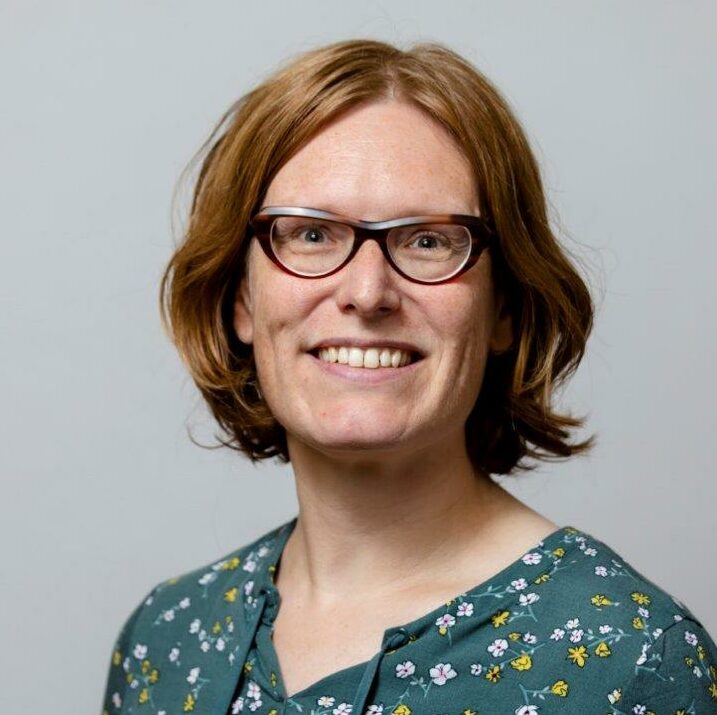
Fanny Janssen
Principal Investigator
I am a senior researcher at NIDI, Honorary Professor in Mortality and Longevity at the University of Groningen, and principal investigator of the Future Longevity Inequalities project. I will lead the project, and serve as the main supervisor of the PhD students. The project fits within my overall research programme on mortality, which is at the interplay of demography, epidemiology, and population health. In my work, I focus on discerning the effects of health-related lifestyle factors (smoking, alcohol, obesity) in shaping mortality inequalities and mortality trends in Europe, and to advance traditional mortality forecasts by incorporating these effects. In 2018, I received the European Demographer Award for my work. I am very excited to tackle, within the current project, an important – conceptually and methodology challenging – omission in both the socio-economic health inequalities field and the mortality forecasting field: that of forecasting socio-economic longevity inequalities.
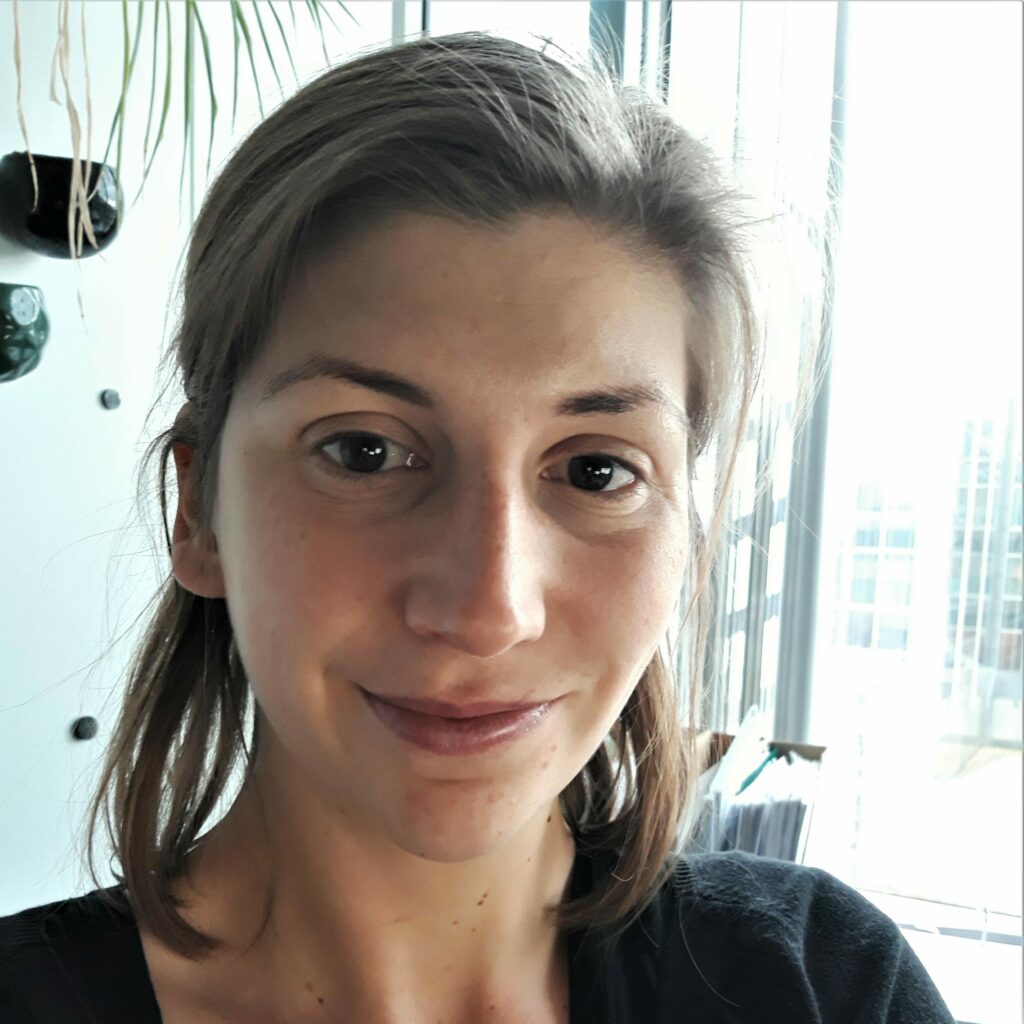
Wanda Van Hemelrijck
Postdoctoral Researcher
I started working on the Future Longevity Inequalities research project at NIDI in January 2021. My research within the project is situated at the intersection of demography, sociology, and public health. Specifically, I focus on the role of smoking on past trends in socio-economic longevity inequalities; on the drivers of past trends in socio-economic inequalities in non-lifestyle related mortality; and on the susceptibility of lifestyle- and non-lifestyle related mortality inequalities to policy interventions. In addition co-supervise the PhD students on the project. Prior to joining this project I wrote my dissertation at the Vrije Universiteit Brussel (VUB) about Cancer by Migrant Background in Belgium as a joint degree with the University of Groningen. Before that I performed research on the Health Interview Survey and European morbidity statistics at Sciensano (formerly the Belgian Scientific Institute of Public Health). I hold a Bachelor’s and Master’s degree in Sociology from VUB, and a Master’s degree in European Public Health from Maastricht University.
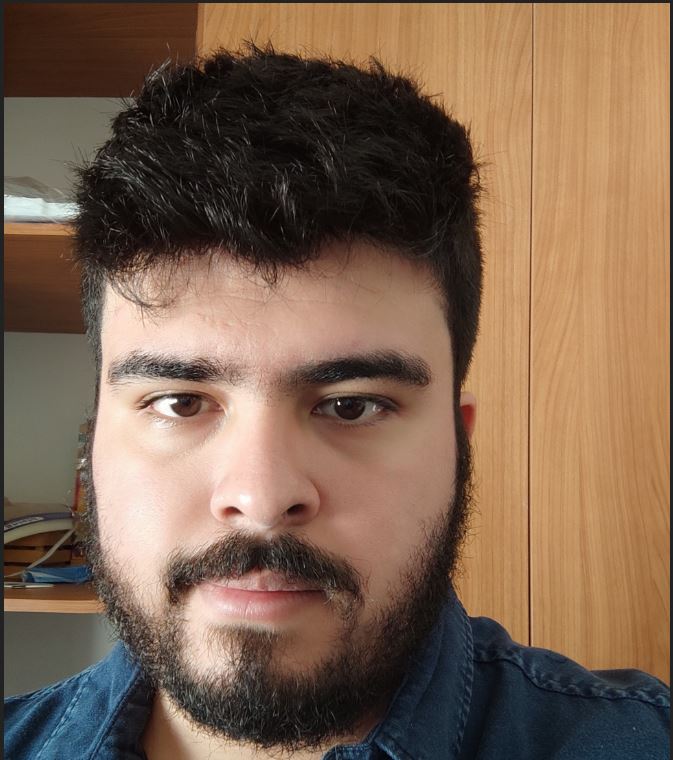
Daniel Zazueta
PhD Candidate
October 2020, I started as a PhD student at NIDI on the Future Longevity Inequalities research project. In my PhD research I adopt a demographic approach to the study of past trends in socio-economic longevity inequalities. This entails the detailed study of these past trends; the examination of the role of alcohol, and the combined role of alcohol, smoking and obesity on these past trends; and the consequences of these past trends on improvements over time in life expectancy. Before joining the Future Longevity Inequalities research project I have attended the European Doctoral School of Demography (EDSD) in Rostock and Barcelona, and worked for the Mexico City government on poverty and inequality related issues. I hold a Bachelor’s degree in Sociology from the University of Guadalajara, and a Master’s degree in Population Studies from El Colegio de la Frontera Norte, both from Mexico.
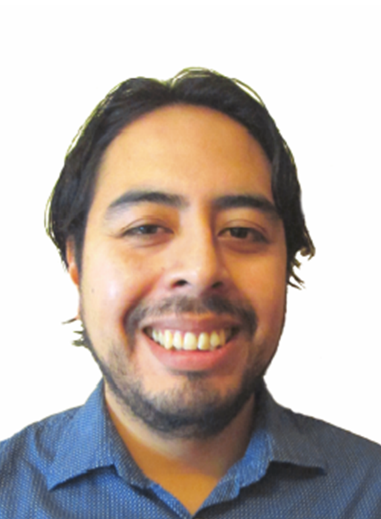
Rolando Gonzales Martinez
Postdoctoral Researcher
In April 2022, I joined the Future Longevity Inequalities research project as a Postdoctoral researcher at NIDI. I am originally from Bolivia, and hold a PhD from the University of Agder (Norway) and an MSc in Applied Statistics from the University of Alcala (Spain). Previously, I was a postdoc data scientist at CASUS (Helmholtz-Zentrum Dresden-Rossendorf, Germany), and I have been a postdoc consultant for the University of Groningen, the Centre for Demographic Studies of the Universitat Autònoma de Barcelona, the Italian Agency for Development Cooperation, the United Nations Population Fund (UNFPA), and the Oxford Poverty and Human Development Initiative (OPHI, Oxford University). My research interests are socio-economic development, biologically inspired artificial intelligence, machine learning, Bayesian methods, and epistemology. As part of the research project, I will help with data handling issues, and focus on explaining and forecasting trends in socio-economic inequalities in both lifestyle- and non-lifestyle-attributable mortality in selected European countries, considering the potential effect of preventive health and societal change
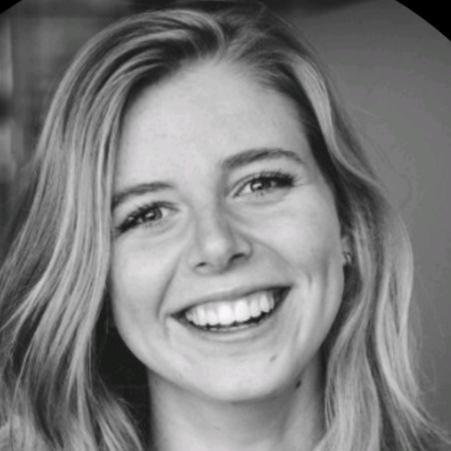
Eva Kagenaar
PhD Candidate
Eva worked on the Future Longevity Inequalities research project as a PhD student at NIDI from November 2020 until March 2022. During her time at NIDI, she examined the past progression of the obesity epidemic across socio-economic groups in Europe, and worked on streamlining data for the project. Eva obtained a Master’s degree in Global Health and Development from University College London and a Bachelor’s degree in the Liberal Arts and Sciences with a major in Public Health from Amsterdam University College (AUC). In her prior academic work at the Athena Institute – Free University Amsterdam and UCL, she has taken an interdisciplinary approach to the global burden of non-communicable diseases, socio-economic inequalities, and healthcare.